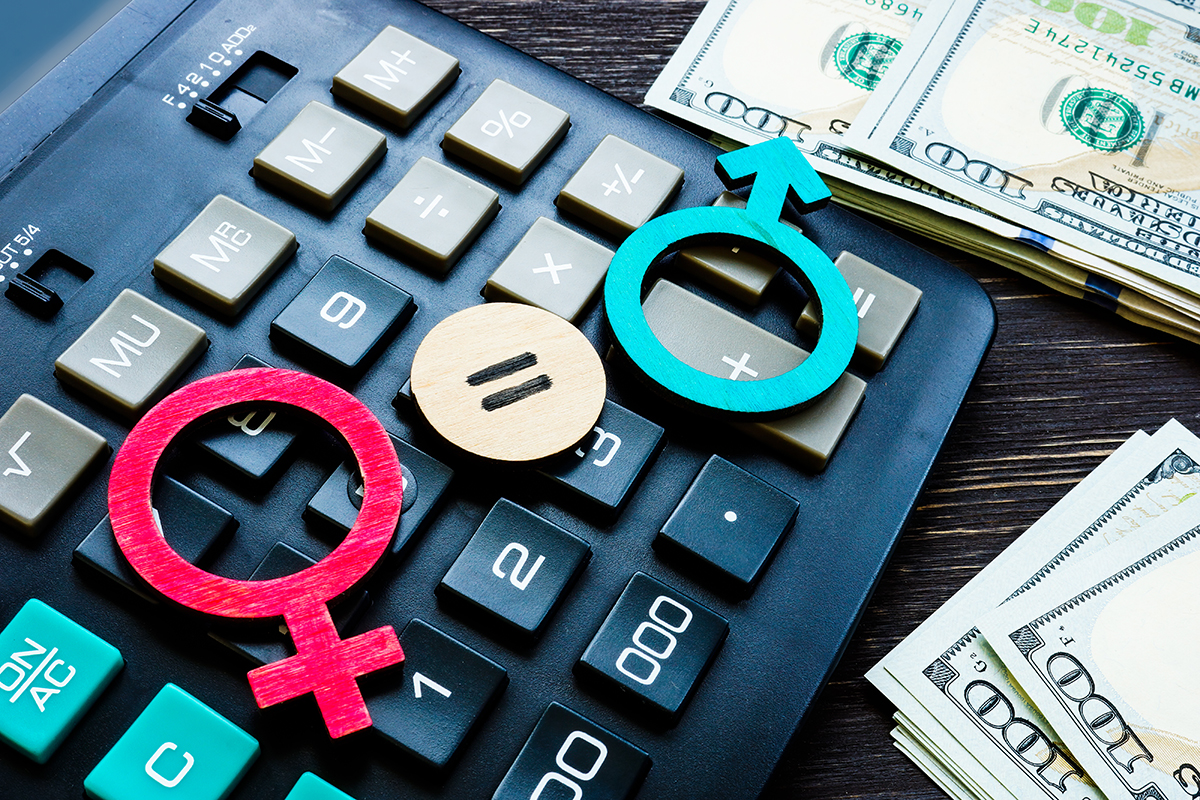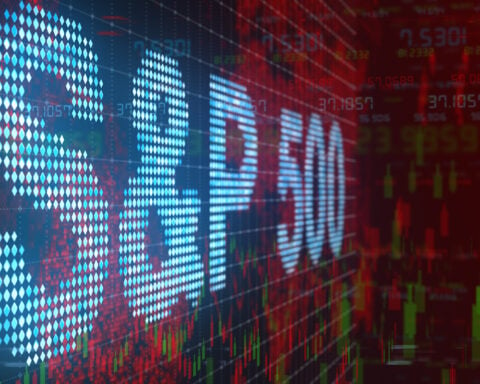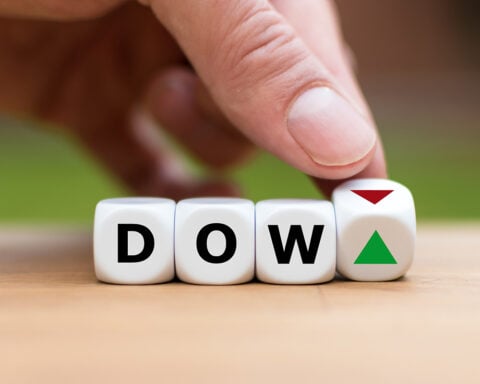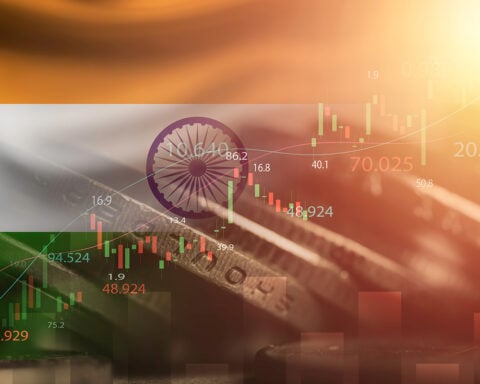A new report released by the World Economic Forum (WEF) highlights the distressing state of global gender equality, projecting that it could take a staggering 131 years to close the gap between men and women.
The WEF’s “Global Gender Gap Report 2023” reveals that progress towards achieving gender parity has been sluggish, with the overall gender gap closing by a mere 0.3% compared to the previous year.
The findings underscore the urgent need for concerted action to address setbacks caused by the COVID-19 pandemic, economic challenges, and geopolitical crises.
Slow Progress Sparks Concern
Despite slight improvements in educational attainment, health and survival rates, and political empowerment, the report points to a concerning regression in economic participation, signaling a post-pandemic crisis.
This sluggish recovery, coupled with technological advancements and climate change, poses a significant risk to women’s economic empowerment and has far-reaching consequences for the global economy.
Projections and Index Rankings
The WEF estimates that achieving global economic parity could take 169 years, while political parity may take 162 years.
Out of the 146 countries assessed by the Gender Gap Index, only nine have managed to close at least 80% of their gender gaps. Iceland, for the 14th consecutive year, stands as the most gender-equal country, having closed an impressive 91.2% of its gender gap.
Alarming Position of the United States
The United States, ranked 43rd in gender equality, experienced a decline in overall rankings compared to the previous year. With a parity score of 74.8%, the country witnessed a sharp drop primarily due to a significant decline in the political empowerment index, which measures the gender gap in high-level political decision-making.
The findings highlight the need for the United States to prioritize closing this gap and revitalizing women’s representation in political spheres.
Calls for Urgent Action
Saadia Zahidi, Managing Director at the WEF, stressed the importance of accelerating progress towards gender parity.
Beyond improving outcomes for women and girls, such progress would also benefit economies and societies as a whole. Zahidi emphasized that achieving gender equality would revive economic growth, boost innovation, and increase resilience in the face of challenges.
Addressing Gender Equality as a Global Imperative
The report’s findings serve as a wake-up call for countries and policymakers to recommit themselves to closing the gender gap.
Efforts should focus on implementing policies and measures that promote equal economic opportunities, enhance access to quality education and healthcare, and empower women in decision-making positions. Creating an environment conducive to gender equality not only uplifts women but also fosters societal progress and economic stability.
By accelerating progress towards gender parity, societies and economies stand to gain immeasurably, ensuring a more equitable and prosperous future for all. It is time for nations around the world to embrace gender equality as a global imperative and work towards creating a more inclusive and just society.







